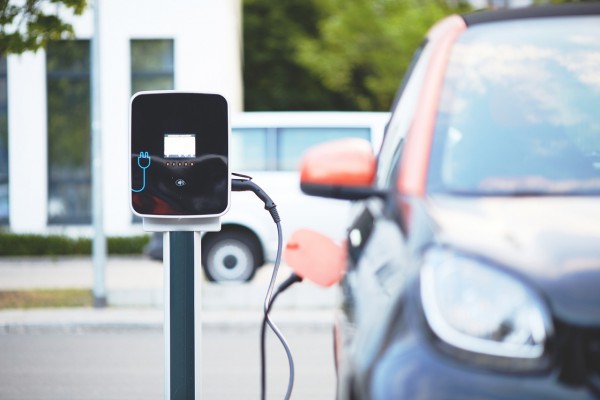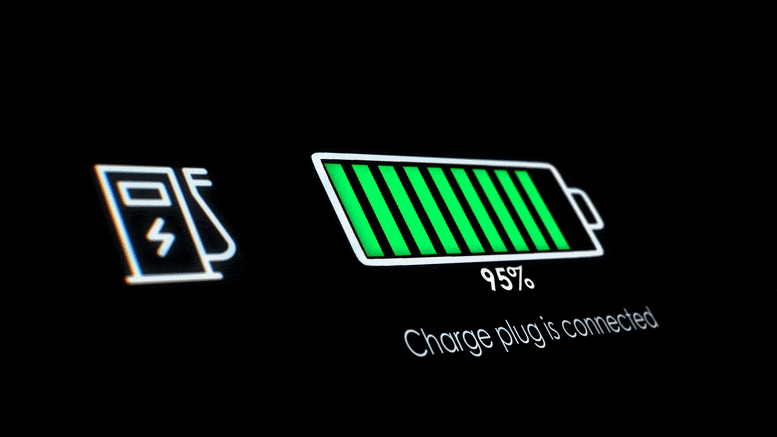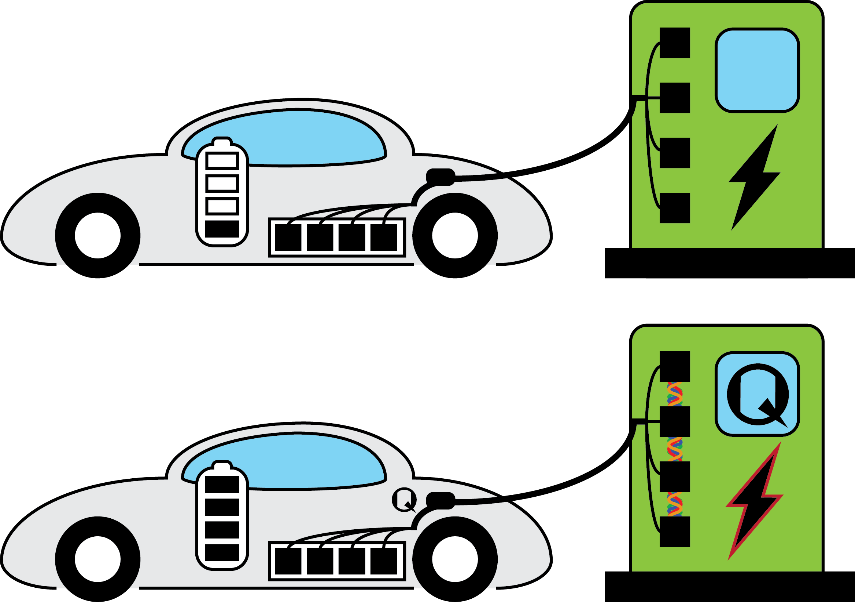New technology has the potential to increase charging speeds for electric vehicles by 200 times, implying that battery charging might take less than 10 seconds.
Electric-vehicle drivers experience poor battery charging speeds and discomfort, whether at home or sparsely scattered electric-charging stations. Cars, for example, can take up to 10 hours to fully charge at home, whereas superchargers at charging stations can deliver a full charge in 30–40 minutes.

Even though electric cars were uncommon even ten years ago and millions are now on the marketplace, batteries still limit their range since they cannot store as much energy as fuel tanks in gasoline and diesel-powered vehicles. Despite major advancements in battery technology in recent years, this remains true.
Scientists from Korea’s Institute for Basic Science (IBS) believe they have discovered a solution to this challenge in quantum physics, uncovering new quantum technologies that can swiftly charge batteries. They were inspired by a 2012 research that suggested the quantum battery idea and claimed that quantum resources like entanglement might charge batteries at a much quicker pace by charging all cells in a battery simultaneously.
Quantum batteries have the potential to provide rapid energy absorption rates since the larger they are, the faster they can be charged. The benefits of collectively charging quantum batteries are quantified by a ratio known as the “quantum-charging advantage.” This advantage comes from two sources: global operation, battery cells “talking” to all others simultaneously, and all-to-all coupling involving a single cell.
A team of experts from IBS’s Center for Theoretical Physics of Complex Systems investigated whether charging speeds are limited. They argue that all-to-all coupling is unimportant in charging quantum batteries, emphasising the need for global operation in achieving the quantum advantage.
In addition, the study team was able to precisely measure the amount by which the charging speed might be boosted. They observed that, unlike traditional batteries (such as lithium-ion batteries), where maximum charging speeds increase with cell count, quantum batteries with global operation might achieve quadratic charging speed scaling.

In other words, as the size of quantum batteries increases, so do the charging times. So, for example, instead of rising by a factor of 2, going from 1 to 2 increases by 4, and going from 1 to 10 increases by 100.

According to the researchers, if a typical electric car battery contains 200 cells, quantum charging might result in charging speeds 200 times quicker than traditional batteries. This would reduce its time to charge a vehicle at home from 10 hours to 3 minutes. In addition, charging periods at high-speed stations would be reduced from half an hour to seconds.
According to the experts, the study findings might have far-reaching implications beyond cars.

Quantum charging might one day be employed in consumer devices and fusion power plants, which require enormous bursts of energy for fast charging and discharging. However, the researchers warn that quantum technologies will need to be researched for many years before they can be used to transform energy consumption and green technology.


